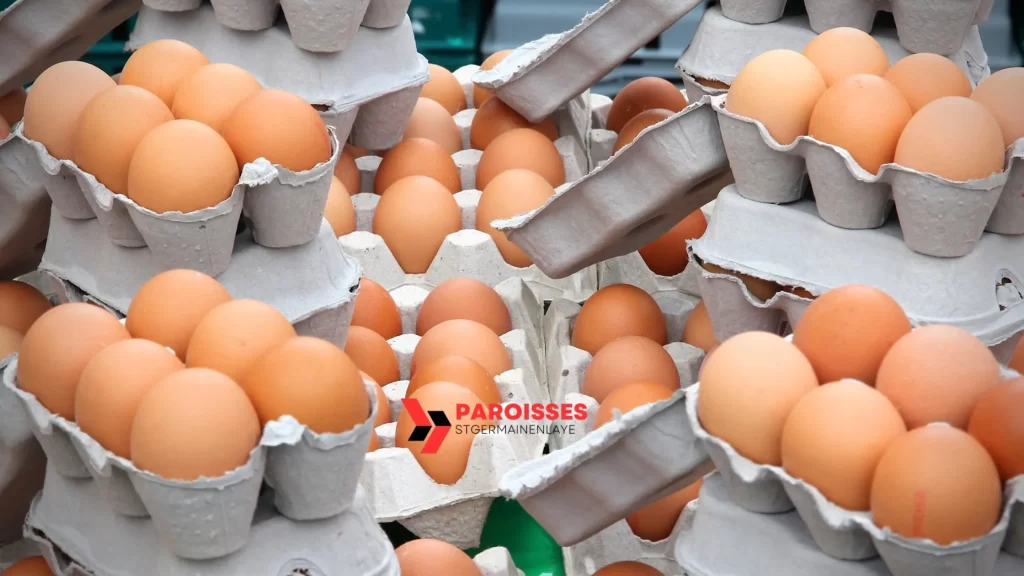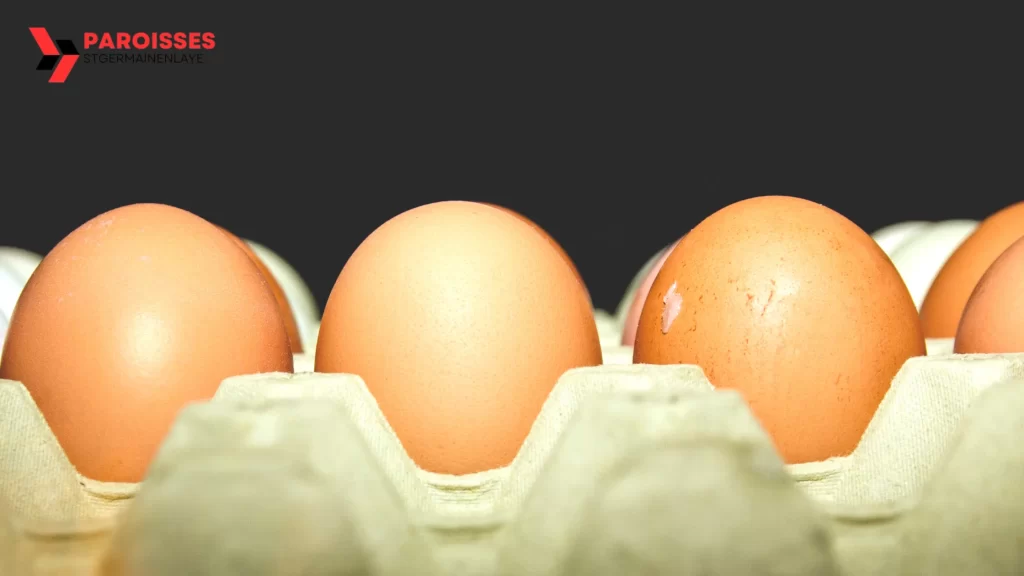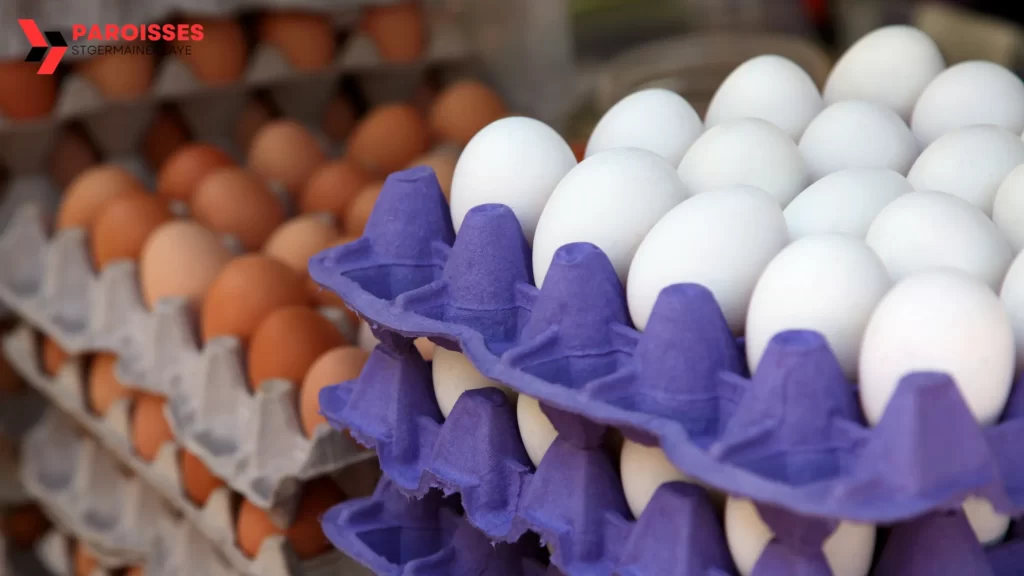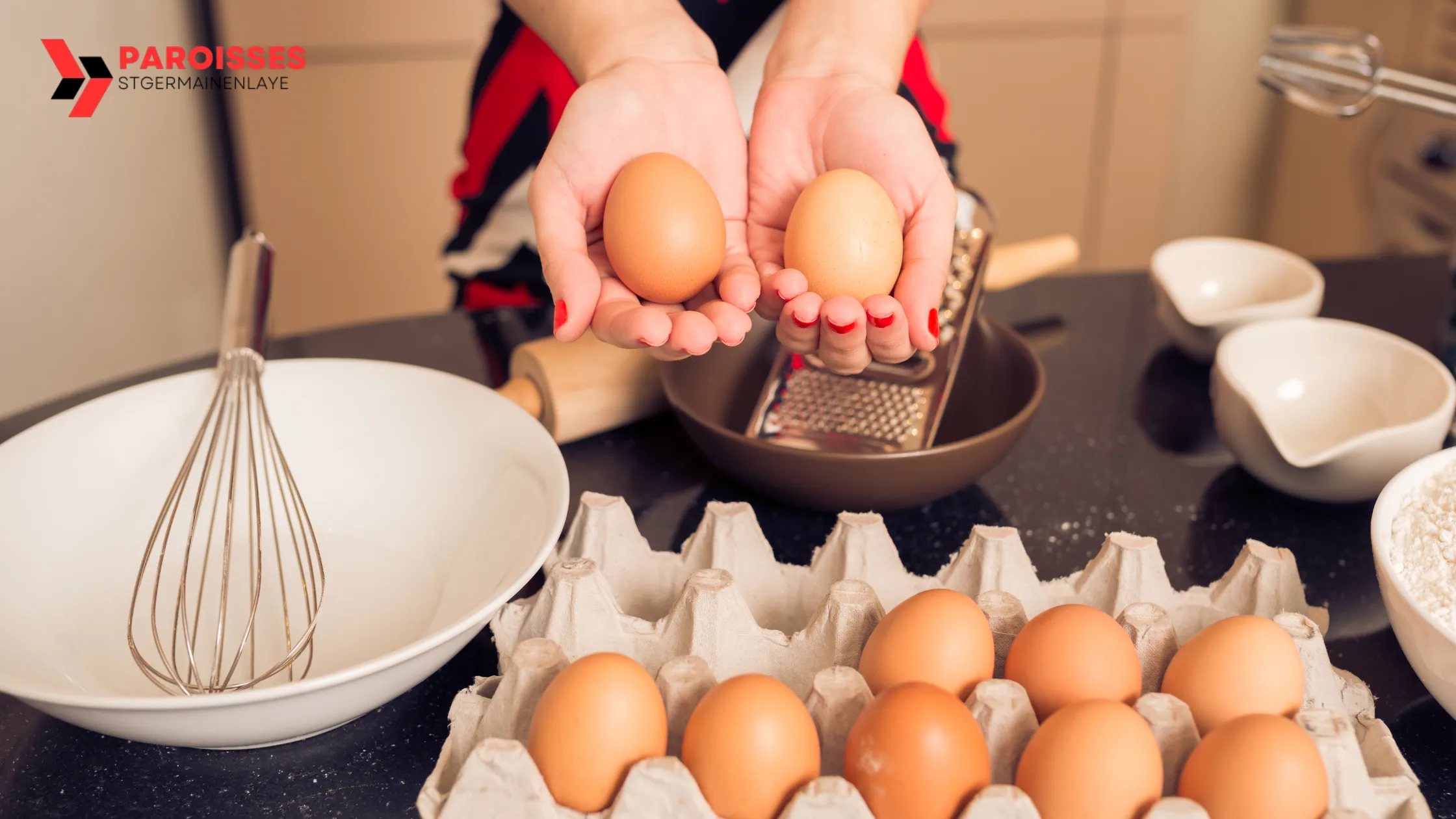Table of Contents
Have you ever wondered how long fresh eggs last? You’re not alone. Many of us buy eggs in bulk, hoping they’ll last a while. But how long can they really stay fresh? Eggs are a staple in most kitchens, and it’s important to know the facts about keeping them safe to eat. In this article, we’ll explore some shocking facts about how long fresh eggs last, offer tips on storage, and help you avoid food waste. Let’s crack into it!
How Long Do Fresh Eggs Last?

The big question—how long do fresh eggs last? If you keep your eggs at room temperature, they’ll stay fresh for about one to two weeks. However, if you store them in the fridge, they can last much longer—up to 4 to 5 weeks! The cold air of the refrigerator slows down the process of spoiling, keeping your eggs safe to eat for a longer time.
Signs of Spoiled Eggs
Even if you know how long fresh eggs last, it’s helpful to learn how to spot bad eggs. A few indicators that your eggs might have gone rotten are as follows:
The smell test: A bad egg has a strong sulfur-like smell. If you crack it open and it smells rotten, toss it.
The float test: Fill a bowl with water and gently place your egg inside. Fresh eggs will sink to the bottom. If it floats, it’s time to get rid of it.
The look: If the egg white is cloudy or the yolk is discolored, it might be best not to use it.
Also Read: Food Web of Tropical Forest: Unveil the Thrilling Secrets
Why Do Fresh Eggs Go Bad?

Fresh eggs spoil over time because of bacteria and air entering the shell. While an egg’s shell may look strong, tiny pores allow air to seep in, and this affects the egg’s freshness. The older the egg, the more air gets inside, making the egg spoil quicker. Also, temperature changes can speed up this p
rocess, which is why knowing how long fresh eggs last and storing them correctly is key to enjoying fresh eggs for longer.
Best Ways to Store Fresh Eggs
To maximize the shelf life of your eggs, here’s what you need to know:
In the fridge: Always keep your eggs in the refrigerator. Store them in their original carton rather than transferring them to another container. The carton protects them from absorbing strong smells from other foods.
Away from the door: Keep your eggs on a middle shelf in the fridge, not in the door. The temperature near the door fluctuates when you open and close it, which can cause your eggs to spoil faster.
Freeze them for longer use: If you have too many eggs and worry they’ll go bad, you can crack them, whisk them lightly, and freeze them. Frozen eggs can last for up to a year!
Do Farm Fresh Eggs Last Longer?

Farm-fresh eggs often last longer than store-bought ones because they don’t go through the same processing. Freshly laid eggs have a natural protective coating called a “bloom” that keeps bacteria out. This allows them to last longer, even if stored at room temperature. However, once the bloom is washed off (as it often is with store-bought eggs), they need to be refrigerated.
Room Temperature vs. Refrigeration: Which is Better?
There’s a debate about whether eggs should be kept at room temperature or refrigerated. In many parts of the world, people keep their eggs out on the counter. But in places like the U.S., eggs are usually refrigerated. So, how long do fresh eggs last at room temperature vs. in the fridge?
Room temperature: As mentioned, eggs last about one to two weeks at room temperature.
Refrigeration: In the fridge, eggs last four to five weeks. So, refrigeration is the better option for longer-lasting eggs.
Also Read: How Long Does Freeze Dried Food Last? The Astonishing Answer!
Can You Eat Expired Eggs?
We’ve all looked at an egg carton past its expiration date and wondered, “Can I still eat these?” While the printed date is a guideline, it’s not always the final word on freshness. Eggs can still be good after their expiration date if they’ve been stored properly. Use the tests mentioned earlier, like the float test or smell test, to check if they’re still safe to eat.
The Shocking Truth About Raw Eggs
Eating raw or undercooked eggs can be risky because of bacteria like Salmonella. This is especially true for older eggs. While fresh eggs are usually safe when handled properly, eating them raw can increase your risk of illness. If you love foods like homemade mayo or sunny-side-up eggs, it’s important to ensure the eggs are fresh. That’s why knowing how long do fresh eggs last and checking for spoilage signs is vital to your safety.
Egg Storage Tips to Avoid Waste
Nobody likes wasting food, especially when it’s as versatile as eggs. Here are some tips to keep your eggs fresher for longer and reduce waste:
Store in a cool place: Even if you plan to use your eggs soon, it’s best to keep them cool. The fridge is ideal, but if they’re farm-fresh eggs with the bloom intact, a cool pantry may work.
Use older eggs first: If you have a mix of old and new eggs, use the older ones first to avoid letting them go bad.
Cook eggs well: If you’re not sure about an egg’s freshness but it’s still within the safe range, cooking it thoroughly can help kill any potential bacteria.
Also Read: How Long Do Fresh Eggs Last? Shocking Facts
Fun Facts About Egg Freshness
To round off the facts, here are some fun tidbits you may not know:
Eggs can actually absorb odors from other foods in your fridge, so keeping them in their carton helps block that!
The color of an egg’s shell doesn’t affect its freshness. Both brown and white eggs last the same amount of time.
The little air pocket in an egg gets bigger as it ages, which is why older eggs float in water.

